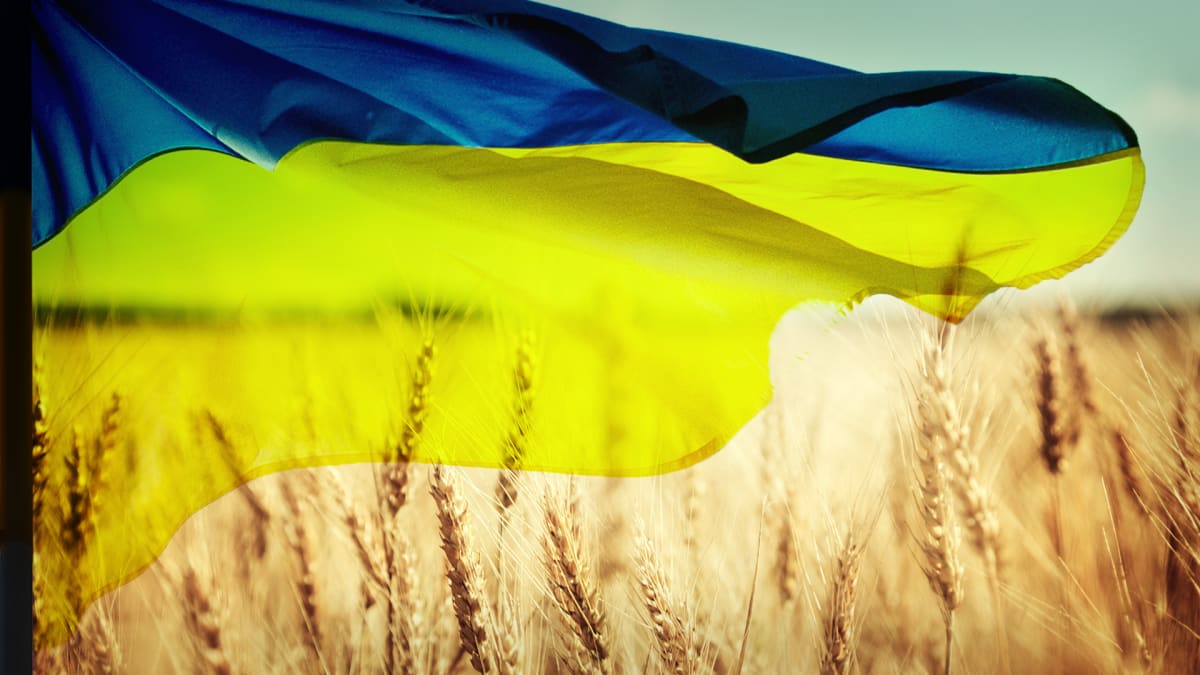
Elon Musk lives up to his reputation as a maverick.
The CEO of Tesla (TSLA) and SpaceX cultivates his singularity in the world of business and that of leaders with monumental influence.
He does not hesitate, for example, to get involved in everything and to give his opinion on almost everything. Musk, who has taken the pulse of our time and era, seeks to influence debates on weapons, immigration, the budget deficit, war and culture. He has completely changed the playbook of the conduct expected of business leaders, in the face of societal issues in the United States.
The billionaire entrepreneur does not take his gloves off when giving his opinion, regardless of the consequences on the geopolitical scene as well.
The Russian war in Ukraine is a perfect example. This conflict, which just entered its second year, has propelled the techno king to new heights around the world. This popularity and influence he owes to Starlink, a satellite internet access service, developed by his company SpaceX. Musk offered Starlink to Russia-invaded Ukraine when communications infrastructure was completely destroyed by Russian bombings. These terminals have allowed Ukrainians to stay connected to the world and have provided the Ukrainian forces with a secure and independent communication tool.
'A Coup'
Despite this support, the billionaire believes that peace is the best option to get out of this conflict which has already displaced millions of people and caused thousands of deaths. These repeated calls for peace have so far met with rejection from Ukraine and its Western allies.
They have also driven him to missteps, like when he proposed a controversial peace plan last October. This proposal adopted most of the Russian demands in order to end the war. It was therefore no surprise that the Ukrainians and their allies violently criticized it and rejected it. This episode left an open wound in the relationship between Musk and Ukraine. The billionaire, who had appeared as a hero, was suddenly criticized sometimes with very strong words, like the “f**k off” used by the Ukrainian ambassador to Germany.
Recently, new tensions have arisen between Musk and the Ukrainian authorities, because the billionaire does not want to allow the country's armed forces to use Starlink to control their drones and strike Russian bases.
Musk has just made a new statement that could undoubtedly further deteriorate relations with Ukraine. In a thread on Twitter, the billionaire claims that the February 2014 dismissal by the Ukrainian parliament of the pro-Russian Ukrainian president Viktor Yanukovych was a coup. This differs from the view of the majority of Ukrainians.
"That election was arguably dodgy, but no question that there was indeed a coup," Musk said on Feb. 25, in a comment to a post by a Twitter user, quoting a 2014 Foreign Affairs article by John Mearsheimer, professor of political science at the University of Chicago.
In this article, Mearsheimer developed the thesis that the annexation of the Ukrainian region of Crimea by Russia in May 2014 was "the West's fault."
"For Putin, the illegal overthrow of Ukraine's democratically elected and pro-Russian president— which he rightly labeled a 'coup'— was the final straw," wrote Mearsheimer, who has since written other articles in which he explained "Why the West is principally responsible for the Ukrainian crisis."
'How Did He Get Elected?'
Viktor Yanukovych, a native speaker of Russian rather than Ukrainian, was elected president of Ukraine in 2010 after a seemingly legitimate victory. It was the second time, as he had already won the 2004 presidential election, but was unable to take the oath after his victory was followed by massive protests amid widespread suspicion of fraud.
These protests are known as the "Orange Revolution." Unlike 2004, Yanukovych took office in 2010 but he quickly alienated a large part of the Ukrainians, including his own supporters, due to very poor management of the economy and his crackdown of the "Euromaidan" protests.
Euromaidan is the name that had been given to the anti-government protests taking place in Ukraine from November 21, 2013. They focused on Europe and took place on Independence Square in Kiev or Maidan Nezalezhnosti. The protesters believed that Yanukovych, who they said was corrupt and autocratic, had sold their country to Russia by rejecting a $15 billion bailout from the European Union.
As a result, they demanded his resignation. Yanukovych reacted by trying to quell the protests and by passing a series of laws limiting the rights of Ukrainians to assemble and free speech. But by January 2014, the movement had spread to several Ukrainian cities, which pushed the parliament in February to withdraw all powers from Yanukovych and to vote for his immediate removal.
Yanukovych fled to Russia where he is exiled.
A Twitter user and fan of Musk also tried to point out to him that Yanukovych was not the victim of a coup but rather that the parliament had used its powers to impeach him.
"Russia was able to put its puppet at the head of Ukraine. Yanukovych was an enemy of the people and Ukraine and step by step brought our country down into the abyss. The Ukrainian people united to get rid of this criminal. This is the essence of what happened," the user said.
"How did he get elected?" Musk replied.
Twitter users' comments to Musk's tweets about this episode in Ukraine's history were generally negative.
"The question is not how did he get elected," chimed in one Twitter user. "The question is, why was he overthrown? And the answer is because he was taking the country down a path that was not chosen by its people."







